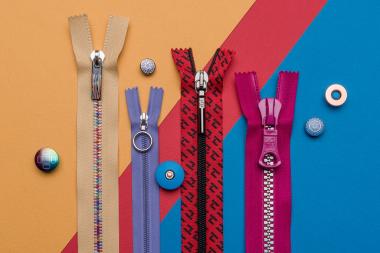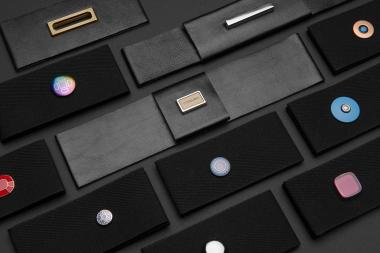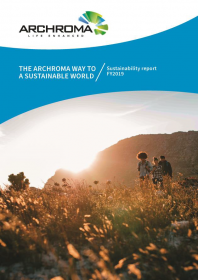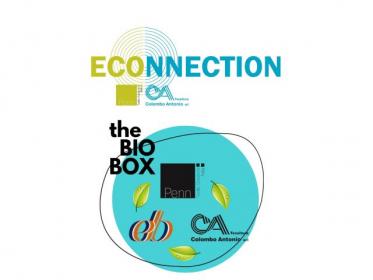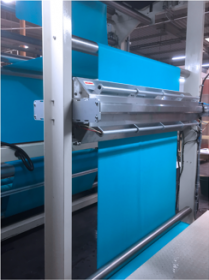Archroma releases 2020 sustainability report
Archroma, a global leader in specialty chemicals towards sustainable solutions, announced the release of its Sustainability Report for its fiscal year 2020.
Prepared again in accordance with the Global Reporting Initiative (GRI) standards, and building on a strong track record, the report outlines the company’s progress on its priority sustainability topics, such as human health and environmental safety, resource efficiency, sustainable sourcing and product stewardship, as well as diversity & inclusion, and talent management.
For the first time Archroma conducted a survey with its stakeholders to confirm the relevance of the sustainability topics covered in the report. These include biodiversity, occupational and product safety, and fair labor practices, as well as maybe less expected topics such as compliance, economic performance, and culture.
The report can be downloaded at: www.archroma.com/sustainability.






